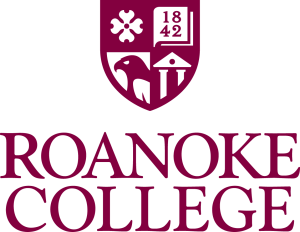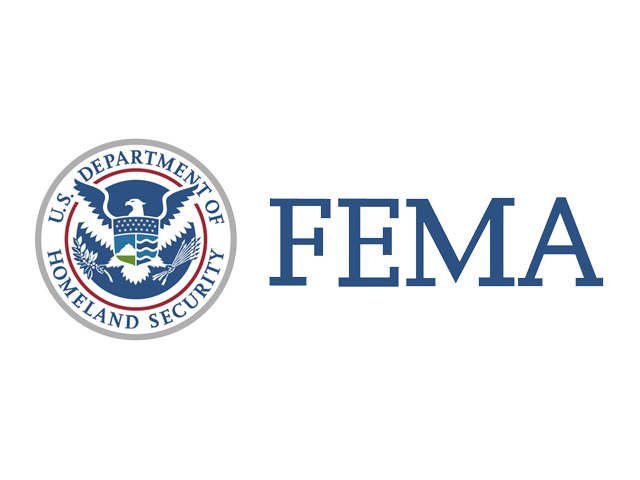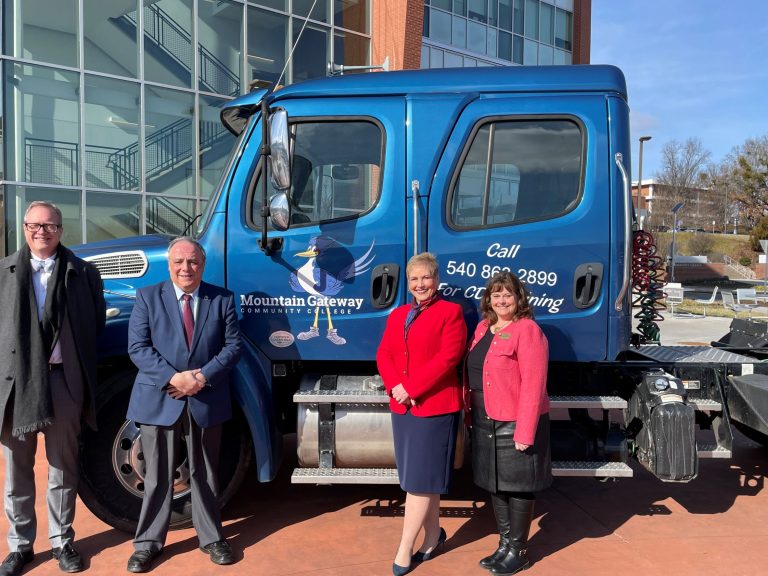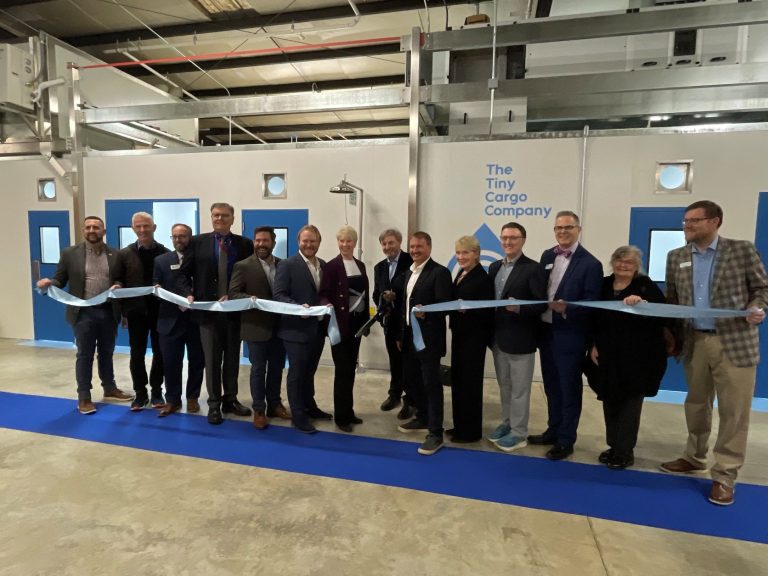 The latest Roanoke College poll gives an early look at Virginia’s governor’s race—but how much should we read into the numbers this far out? WFIR’s Ian Price has the latest.
The latest Roanoke College poll gives an early look at Virginia’s governor’s race—but how much should we read into the numbers this far out? WFIR’s Ian Price has the latest.
Poll from Roanoke College: In a very early look at the likely November gubernatorial matchup, Democrat Abigail Spanberger leads Republican Winsome Earle-Sears 39%-24%, according to the Roanoke College Poll. The Institute for Policy and Opinion Research (IPOR) at Roanoke College interviewed 690 Virginia residents between Feb. 17 and Feb. 20, 2025. The survey has a weighted margin of error of 4.66%.
One-third (32%) of registered voters are undecided, and 4% said they would vote for someone else. Regarding favorable/unfavorable ratings, more than one-in-four don’t know enough about either candidate to have an opinion about them.
Job Approval, Favorable/Unfavorable, and Directions of Virginia and Nation
Overall assessments of the direction of the country and the commonwealth remain quite steady over time. A small majority (51%) thinks that Virginia is headed in the right direction, while 67% think the country is on the wrong track. Job approval for President Donald Trump (37%) is well within the range he experienced in his first term. Gov. Glenn Youngkin’s job approval rating (53%) is also steady.
Virginians remain more likely to view Youngkin favorably (48% favorable/42% unfavorable), while Trump’s favorable rating is again similar to his first term (37% favorable/58% unfavorable). The two likely 2025 gubernatorial candidates are viewed similarly here (Spanberger at 37% favorable/37% unfavorable; Earle-Sears slightly underwater at 34% favorable/39% unfavorable) with about a quarter of respondents not offering an opinion. We also asked about several federal institutions. The CDC was viewed favorably by nearly two-thirds (62%) of Virginians, with the FBI coming in at 59% favorable and the CIA at 55% favorable. All of these questions show significant partisan differences (see Topline).
Taxes
Virginians generally prefer a progressive tax system (59%) to a flat tax (40%). They are also bothered (a lot or some) by the feeling that corporations don’t pay their fair share of taxes (87%), the feeling that the wealthy don’t pay their fair share of taxes (84%), the complexity of the tax system (82%), and the amount they pay in taxes (70%), with many fewer (30%) concerned that the poor don’t pay their fair share.
When told that the top 1% of earners pay about 26% of their income in taxes and the bottom half pay about 3% of their income in taxes, a plurality of respondents (42%) thought the top 1% were paying too little (41% thought that amount was about right), while a majority (61%) said that the bottom half of earners were paying about the right amount.
Immigration
Virginians generally favor increasing opportunities for legal immigration to the U.S. (81%), but also favor increasing deportations of those who are here illegally (59%). They also favor making it easier for asylum seekers to legally work while awaiting decisions on their applications (72%) and increasing penalties for businesses that hire people who are not legally allowed to work here (60%), but oppose substantially expanding the wall with Mexico (52% oppose; 46% favor).
A majority of respondents (72%) think undocumented immigrants who are currently here should be allowed to stay if they meet certain conditions, while 26% think they should not be allowed to remain in the U.S. This appears to contradict the majority above who favor increased deportations, but it may be a difference in referring to people as “undocumented immigrants” or as “people in the country illegally.” More than three-fourths (76%) think that children born in the U.S. should immediately become citizens.
Analysis
“Still hungover with joy or grief from the elections of 2024, Virginians haven’t yet focused on November 2025,” said Dr. Harry Wilson, interim director for IPOR and professor emeritus of political science at Roanoke College. “Even with one-third undecided, a candidate would prefer to be in Abigail Spanberger’s position with a 15-point lead over Winsome Earle-Sears. But there is an eternity of political time and much work to do before this election takes center stage.”
“With regard to taxes, no one likes to pay them, but respondents would be happy to make the wealthy and corporations pay more. On the issue of immigration, Virginians would like to see more legal immigration, but aren’t too unhappy with more restrictions on those coming to the U.S. illegally.”
Methodology
Interviewing for the Roanoke College Poll was conducted by the Institute for Policy and Opinion Research (IPOR) at Roanoke College in Salem, Virginia, between Feb. 17 and Feb. 20, 2025. A total of 690 completed interviews came from random telephone calls and texts to 377 Virginians, and 313 responses were drawn from a proprietary online panel of Virginians. Interviews were conducted in English. Cellphones constituted 44% of the completed phone and text to web interviews.
The phone sampling frame was provided by Marketing Systems Group with the landline sample generated by random digit phone numbers with area and exchange code coverage in proportion to the population density in Virginia; the cellular sampling frame was randomly divided so that half of the potential respondents would receive a text message with an invitation to complete the survey on their own before we would call them, and the other half would be called and interviewed over the phone by a live agent and sent a text message afterwards with an invitation if the respondent was not available when we called. Cint USA, Inc., facilitated the online panel with completion time and attention check questions used for quality control. IPOR regularly uses bootstrap analysis of post-survey results to control for quality within the blended frames.
Questions answered by the sample of 690 respondents are subject to a weighted error margin (including design effect) of plus or minus 4.66% at a confidence level of 95%. This means that in 95 out of 100 samples such as the one used here, the results should be at most 4.66 percentage points above or below the figure obtained by interviewing all Virginians with a home telephone or a cellphone. Where the results of subgroups are reported, the error margin is higher.
Quotas were used to ensure that different regions of the commonwealth were proportionately represented. The data were statistically weighted for gender, race and age. Weighting was done to match Virginia data in the 2022 one-year American Community Survey (ACS). The design effect was 1.559.



